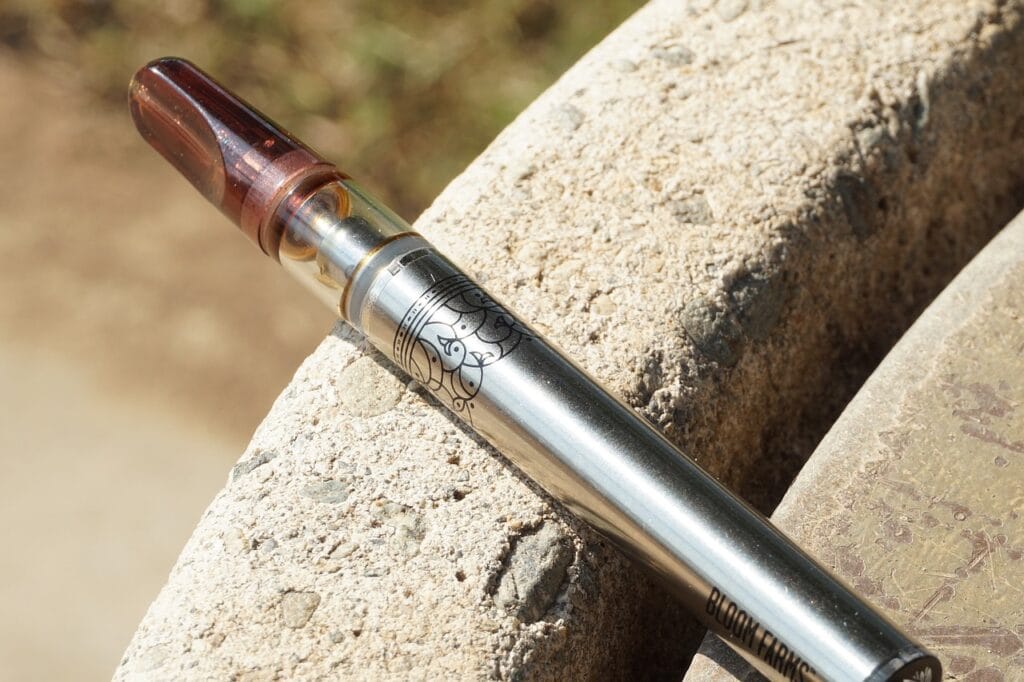Cannabis has historically been stigmatized due to its effects, but it is now receiving growing acknowledgment for its potential in various medical domains. In recent years, there has been a significant uptick in research focused on the therapeutic properties of cannabis, especially regarding its benefits for neurological disorders.
In addition to its popular applications for stress relief, alleviating depression, and enhancing sleep, cannabis shows promise in tackling a range of neurological conditions. This article explores five such disorders and investigates how a Herbal Dispatch Canada product like cannabis contributes to their therapeutic use.
Table of Contents
Key Takeaways:
- Certain cannabinoids and terpenes demonstrate distinct effects on various neurological disorders.
- Linalool, myrcene, and limonene possess anti-convulsant properties.
- An equal ratio of THC and CBD, along with other cannabis compounds, may have potential in cancer treatment.
A Natural Approach to Managing Neurological Disorders
The approach to managing complex conditions such as Alzheimer’s disease (AD), brain tumors, Parkinson’s disease (PD), intractable epilepsy, and chronic traumatic encephalopathy (CTE) or traumatic brain injury (TBI) varies according to individual patient requirements and the severity of their condition.
Cannabis as a Viable Treatment Option
Epilepsy
The endocannabinoid system plays a crucial role in influencing the seizure threshold. THC, in particular, has been shown to effectively stop seizures, unlike conventional medications. Animal studies indicate that cannabinoids can exhibit anti-convulsant properties even at non-sedative levels.
If you are interested in exploring Herbal Dispatch Canada products, consider cannabis that includes THC, CBD, THCA, or linalool.
Brain Tumors
Various studies have investigated the application of cannabis in patients with diagnosed brain tumors. One notable study found that THC administered directly into tumors extended the lives of patients with glioblastoma multiforme.
Parkinson’s Disease
An observational study highlighted that many patients were able to tolerate smoked cannabis, which is believed to be THC-dominant. This study revealed acute benefits, including improved tremor and rigidity.
Alzheimer’s Disease
Alzheimer’s disease is characterized by the creation of senile plaques and neurofibrillary tangles. CBD has been identified as a protective antioxidant for the brain, interacting positively with NMDA receptors and combating the disease’s progression.
- Agitation relief may be found with THC, CBD, and linalool.
- Psychosis symptoms might benefit from CBD.
- THC and linalool could alleviate insomnia and restlessness.
- THC is indicated for anorexia, while THC, CBD, and linalool may address aggression.
- THC, limonene, and CBD might assist in managing depression.
- THC and CBD are noted for their pain-relieving properties.
- Alpha-pinene is associated with memory enhancement when combined with THC.
Traumatic Brain Injury / Chronic Traumatic Encephalopathy
Cannabis, particularly varieties that blend THC and CBD, can help alleviate symptoms associated with CTE, including headaches, nausea, and insomnia.
Want to Use Cannabis for Your Current Condition?
Using cannabis is becoming a common method to harness its benefits. If you wish to avoid potential health risks associated with traditional methods, cannabis vapes are a suitable alternative.
Herbal Dispatch Canada offers a range of products, including cannabis, that can help you find the ideal vape pen for your needs based on type and cannabinoid concentration.
Weed Vape Pens Treat Your Condition
While neurological treatments require further advancement, emerging options like cannabis, particularly through a cannabis pen, show promise. Research and anecdotal evidence suggest that cannabis can assist in managing symptoms of these conditions.
Frequently Asked Questions
Can a dab pen provide the same experience as a vape pen?
A dab pen and a vape pen both vaporize cannabis concentrates but differ in intensity. Dab pens are designed for solid concentrates, whereas vape pens typically use liquid concentrates.
Are THC pens cheap?
The average cost of a cannabis pen is around $50, with options ranging from $20 to over $200, depending on features and battery life.
Can my current medication interact with the active ingredient in my cannabis vape?
This depends on your prescription. Consulting your doctor before integrating cannabis into your regimen is advisable.
Are cannabis pens the best alternative when treating health issues with cannabis?
While cannabis pens provide a cleaner way to consume cannabis, the best choice varies per individual. It is essential to consult a doctor to ensure the chosen method aligns with health needs.
Related Articles:
“`



